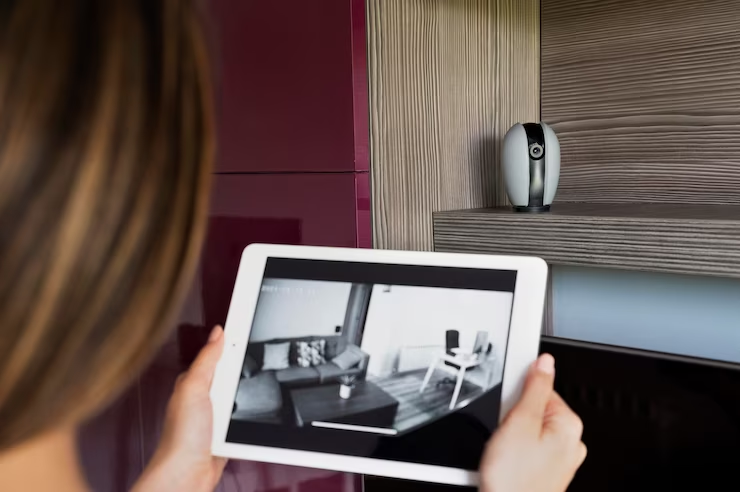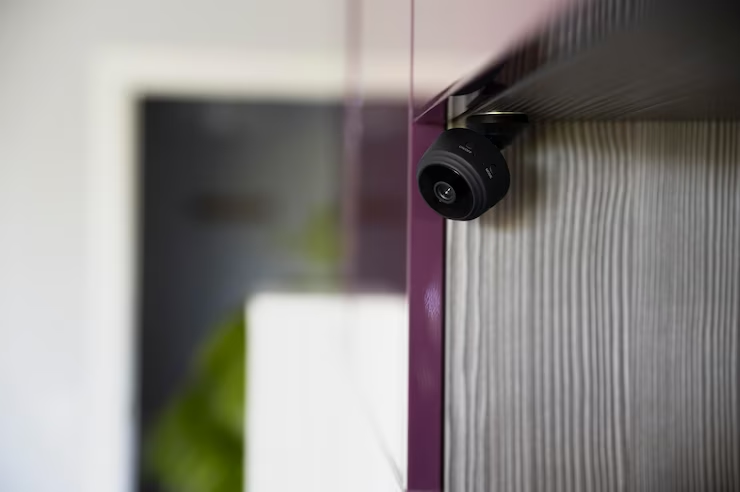Due to the fact that they guarantee the protection of their assets, video surveillance cameras are now widely used by company owners and homeowners. Owning a CCTV system is now simpler to deploy thanks to technological advancements. Unfortunately, there are so many choices that it can be difficult to know where to begin. We’re going to look at the dos and don’ts of configuring video surveillance, including tips on why your camera might be blurry, how to choose the right location for your cameras, the importance of testing your system regularly, and how to protect your privacy while using CCTV. By following these guidelines, you’ll be able to set up a CCTV system that provides effective security for your property.:
DO: Determine your needs and budget
Your needs and budget must be determined in order to choose the best CCTV cameras. Think about the regions of your property that need to be watched, the number of cameras you’ll need, and whether or not features like night vision or motion detection are required. You can then select cameras that fit your unique requirements while staying inside your budget by limiting your alternatives. A high-quality camera upgrade can improve functionality and image quality, but it’s crucial to strike a balance between your security requirements and financial constraints.
DON’T: Skimp on quality
Avoid purchasing the cheapest CCTV cameras possible because they might compromise on the quality of the video they capture. Low-quality cameras may last less time than their high-quality equivalents and are more likely to produce blurry or grainy photos. Higher-quality cameras can offer more dependable surveillance, greater image resolution, and endurance. In the end, it is important to think about the benefits of spending money on high-quality CCTV cameras to protect your property and guarantee that your security system is working at its best.
DO: Choose the right location for your cameras
It is crucial to choose vulnerable areas when placing CCTV cameras, such as access points, windows, and busy areas. To get the greatest footage possible, the height and camera angle must be considered. Blind spots will be reduced and the entire property will be covered with proper camera location. In order to conduct successful surveillance, it is crucial to pay attention to camera placement and positioning.
DON’T: Ignore privacy concerns
When installing CCTV cameras, privacy considerations should be taken into consideration. Don’t point cameras towards private spaces like windows or adjoining yards. It’s critical to let workers and guests know they’re being watched, both to avoid any potential legal difficulties and to keep things running smoothly. To improve transparency and prevent misconceptions, it is advised to install unambiguous signage identifying the presence of CCTV cameras. In the end, careful usage of CCTV cameras is necessary to strike a balance between the requirement for security and regard for privacy.
DO: Invest in a good storage solution
It might be difficult to save CCTV footage, especially if you have several cameras that are constantly recording. To manage the footage effectively, a trustworthy storage solution is necessary. A digital video recorder (DVR) or network video recorder (NVR) may store and organise your footage, making it easy to search and access as needed. These gadgets also include features like remote access, which lets you see the film whenever and anywhere you choose. Your surveillance system will operate successfully and give you peace of mind if you choose the right storage option.
DON’T: Forget to test your system

A critical part of making sure your CCTV system is functional is testing it. Start by checking the film from each camera individually to ensure that it is crystal clear and of the highest calibre. Test your storage system as well to make sure you can quickly access and review film as needed. In order to ensure that your system keeps working effectively, it’s also a good idea to test it often. Regularly testing your CCTV system can help you find any problems early on and keep your property safe and secure.
DO: Consider professional installation
The installation of a CCTV system demands technical know-how and proficiency. Choosing a seasoned installation provider will help you save time and avoid any mistakes that could jeopardize the safety of your home. Expert guidance on the ideal camera placement and how to set up your system for peak performance may also be obtained from professionals. In the end, paying for professional installation might provide you peace of mind because you’ll know that your CCTV system is installed and working properly.
Finally, installing a CCTV system can be a terrific way to safeguard your home and provide you with peace of mind. Yet, in order to make sure that your system is trustworthy and effective, you should approach it carefully. You may install a CCTV system that fulfills your demands and secures your property by adhering to these dos and don’ts.

